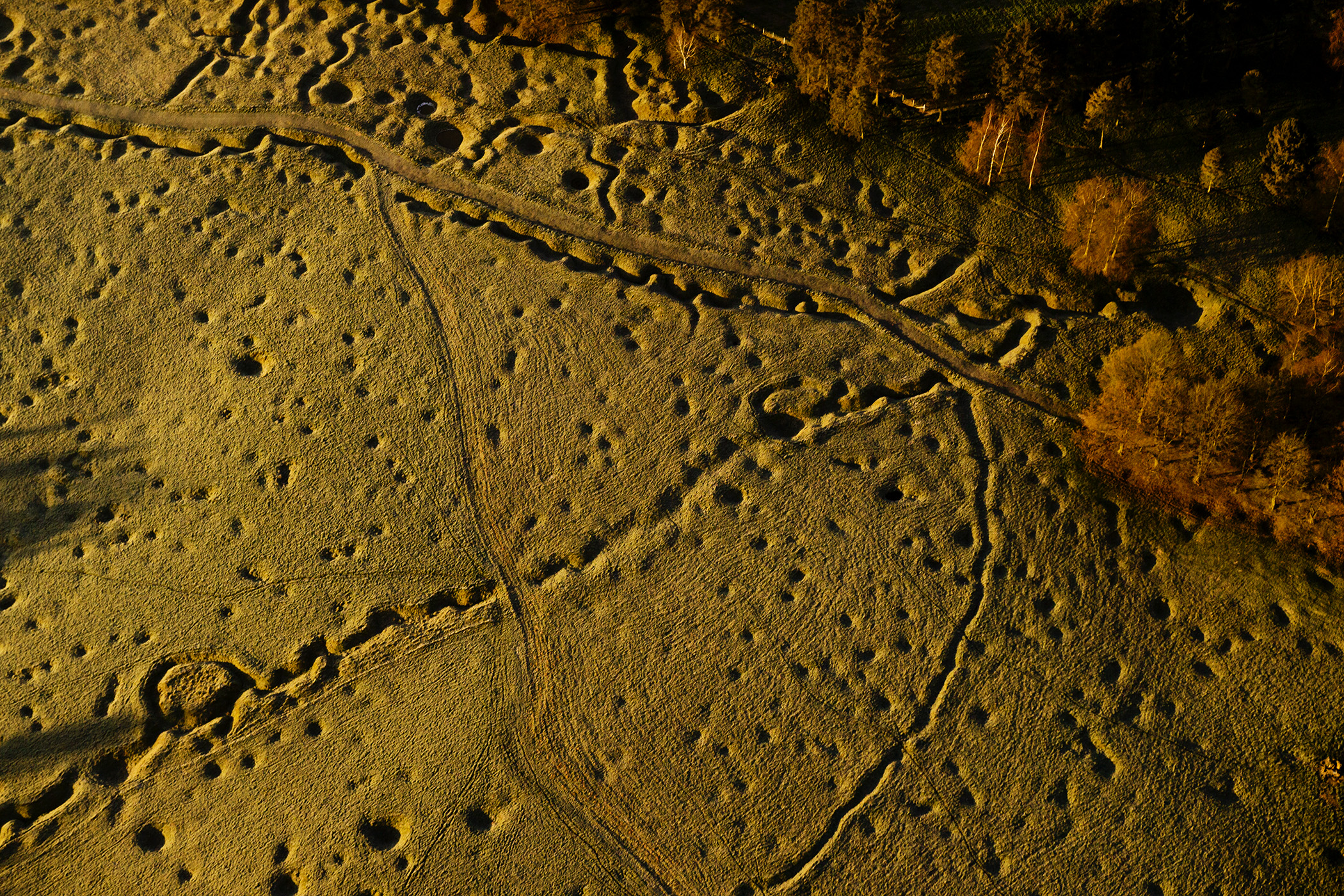Necrocartography: Topographies and topologies of dispersed Shoah
Necrocartography: Topographies and topologies of dispersed Shoah
Author(s): Aleksandra Szczepan, Kinga SiewiorContributor(s): Łukasz Mojsak (Translator)
Subject(s): History, Jewish studies
Published by: Widok. Fundacja Kultury Wizualnej
Keywords: Holocaust; map; topology; topography; cartography; testimony; cultural geography
Summary/Abstract: On the basis of the experience of spatial confusion and inadequacy, common during visits at uncommemorated sites of violence, the authors propose to expand the topological reflection in the research on the spatialities of the Holocaust, as well as to introduce topology to the analysis of the everyday experiences of users of the post-genocidal space of Central and Eastern Europe’s bloodlands. Their research material is composed of hand-drawn maps by Holocaust eyewitnesses – documents created both in the 1960s and in recent years. They start by summarizing the significance of topology for cultural studies and provide a state-of-the-art reflection on cartography in the context of the Shoah. Then the authors proceed to interpret several of the maps as particular topological testimonies. They conclude by proposing a multi-faceted method of researching these maps, “necrocartography,” oriented on their testimonial, topological and performative aspects.
Journal: Widok. Teorie i Praktyki Kultury Wizualnej
- Issue Year: 2019
- Issue No: 25
- Page Range: 197-245
- Page Count: 48
- Language: English

